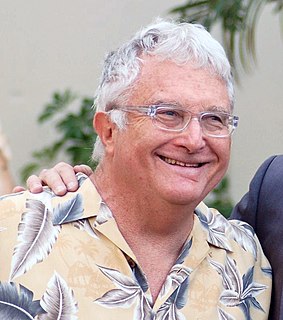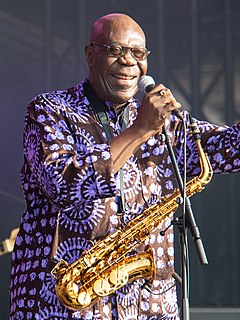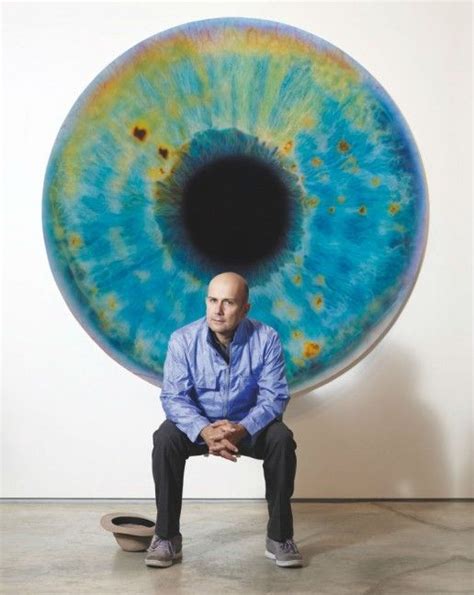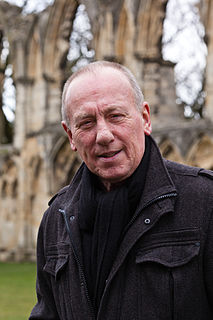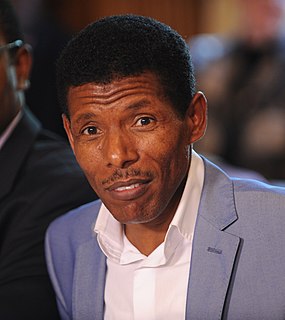A Quote by Flea
All I knew about Ethiopia was from a few records that I like, as well as what I read about the famine. But you get there and it's another world. It's filled with art and music and poetry and intellectuals and writers - all kinds of people.
Related Quotes
Writers have always liked my stuff, pretty much. That's what I wanted - I think my goal wasn't to get rich and famous, necessarily, though I cared about that. I always thought, "Oh, this could be a hit," or "that will sell records." But the first thing I wanted was that people who knew a lot about music, or had taste-making qualities, they would like my stuff. Writers, people like that.
When people decide to talk publicly about poetry as an art form and how it's received, they often get very abject about it: "Nobody reads poetry," and then a thousand people write back, "No, we read poetry." There's an abundance of this negative preaching to the choir, and it's very similar to the experience I'm having.
Well, talking about Ethiopia is like talking about the whole continent. A month ago we played against AIDS and famine. We also played in Dakar. It is not only the music which is playing an important role on this issue of problems affecting Africa, but the activities of doctors, sportsmen and journalists are also helping in various ways.
There are very few good writers about art, and you either get art-fashion writing with trendy views or you get very traditional writing. Occasionally, you get people who can write in an interesting way. Really, I think in a sense art writing needs to be renewed as well. It's in a pretty bad condition.
We keep putting on programmes about famine in Ethiopia; that’s what’s happening. Too many people there. They can’t support themselves — and it’s not an inhuman thing to say. It’s the case. Until humanity manages to sort itself out and get a coordinated view about the planet it’s going to get worse and worse.
We keep putting on programmes about famine in Ethiopia; that's what's happening. Too many people there. They can't support themselves - and it's not an inhuman thing to say. It's the case. Until humanity manages to sort itself out and get a coordinated view about the planet it's going to get worse and worse.
"Only write what you know" is very good advice. I do my best to stick to it. I wrote about gods and dreams and America because I knew about them. And I wrote about what it's like to wander into Faerie because I knew about that. I wrote about living underneath London because I knew about that too. And I put people into the stories because I knew them: the ones with pumpkins for heads, and the serial killers with eyes for teeth, and the little chocolate people filled with raspberry cream and the rest of them.
One can say that the disaffection is still a lingering naiveté about, not the place of poetry in the world, but - how to say this - the moral and intellectual presence of poets in the world. And while this may seem an old conversation to many poets who roll their eyes and say, "Here we go again about the function of poetry," I think that conversation, about poetry as an engaged art in a world that is full of regression or still lacking in progress, is still really not well-developed. It's almost an avoided conversation.
I don't have one thing I go back to, but we listen to a lot of music in the bus, and we always get a few songs or a few records that end up being themes for the tour. On tour I read all of George Saunders' short stories and all of Alice Munro's short stories. George Saunders is who has taught me about this question about whether or not love is possible in the contemporary world, with all of its simulations and all of its pop and divergences and all of the confusion and distraction. Whether or not contemporary reality is actually hospitable to love.
There’s different ways to be impacted by truth. One is to read the scriptures. Another is to read other works by other people who have read the scriptures, non fiction for example. Another is to do studies. Another is to go to a place of worship. Another thing is to sit and listen to someone who’s speaking. There’s all kinds of ways. Another way is to write. About the truth. Discover the struggle through your character.

